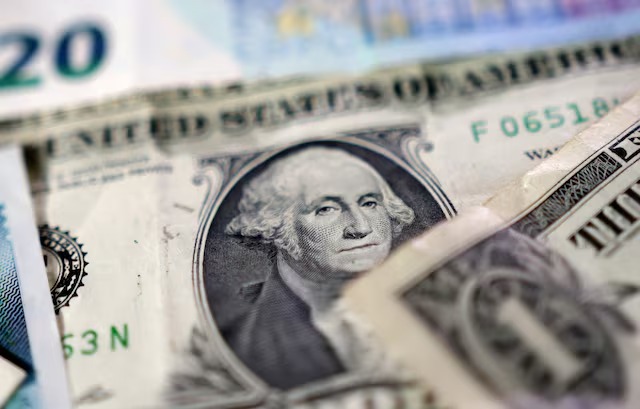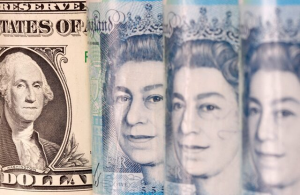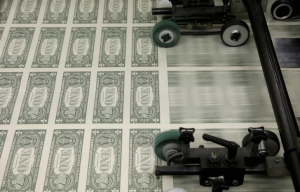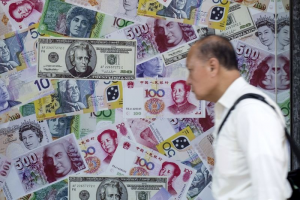The dollar strengthened on Tuesday as the yen came under pressure from a sharp fall in Japan's long-dated bond yields, while investors took comfort from U.S. President Donald Trump's decision to delay higher tariffs on the European Union. With U.S. and UK markets closed for a public holiday on Monday, analysts said some traders were still catching up with Sunday's news that Trump had delayed tariffs on the EU.
While that news boosted the euro on Monday, it was also viewed as positive for the dollar, which was broadly firm on Tuesday, with the dollar index last up around 0.4% . "I would guess it is because Trump retreated over the weekend. Yesterday markets were closed so there was only a small move. Now, with the UK being back, it's a recovery of the move we saw on Friday," said Commerzbank FX analyst Michael Pfister. Dollar strength was most visible versus the yen. The dollar was up 0.86% at 144.075 yen as long-dated Japanese government bond yields fell sharply after a Reuters report that the country's Ministry of Finance would consider trimming issuance of super-long bonds in the wake of recent sharp rises in yields for the notes.
"It's a big move so obviously it's dragging down the currency," said Francesco Pesole, FX strategist at ING on the move down in Japanese bond yields. "The yen is still probably the G10 currency - outside of the dollar - that has more domestic drivers." Japanese Finance Minister Katsunobu Kato said on Tuesday the government was closely watching the debt market, while Bank of Japan Governor Kazuo Ueda said the central bank must be vigilant on rising consumer prices in Japan, signalling its readiness to keep hiking rates. Bond yields, particularly on the long end, have surged globally on mounting concerns over growing fiscal deficits in advanced economies, led by the U.S. and Japan. Attention remains on debate in the U.S. Senate on Trump's tax-cut bill that is expected to add to the debt pile in the world's largest economy. Markets have been sensitive to Trump's proposal, particularly after Moody's downgrade of the U.S. sovereign credit rating on May 16.













